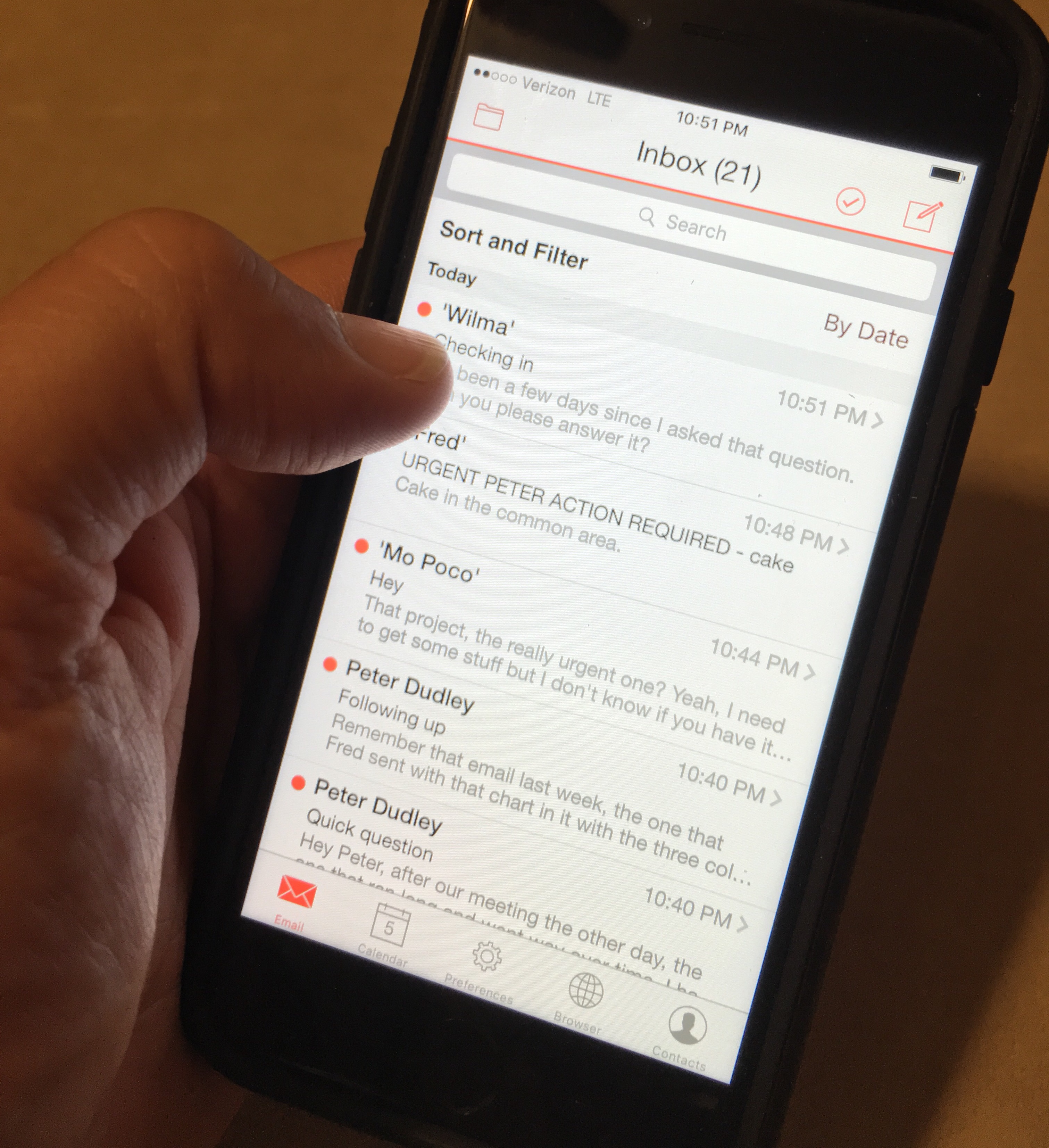 I’m giving up my book sale profits to support mental health.
I’m giving up my book sale profits to support mental health.
My friends at Community Health Charities have helped me start WriteCause, a way authors, readers, and others can support those who are struggling with depression, suicide, and other mental health challenges.
This summer I’ll be donating the proceeds from all my book sales to WriteCause. Because I know that you know that I don’t make much money on book sales, I’m pledging a minimum of a $250 donation.
How you can help
Buy my books. Or buy books by other participating authors. At the launch of WriteCause, it’s just me; I hope that over time many authors will join in, as mental health is something a lot of authors or their loved ones struggle with.
Tell your story on the WriteCause page, or on social media, and tag it with #WriteCause. Read and respond to others’ stories that get posted. Engage in the discussion. Browse the mental health resources CHC lists. Pay attention, and care.
If you’re an author, visit the WriteCause page and contact CHC or me to learn how to join in the pledge.
Why WriteCause? Why mental health?
I could choose any cause. A few years ago I donated my book sale proceeds to our local library. Another year I donated to the group that runs NaNoWriMo. I could choose to donate to cancer or ALS or homelessness or any number of important causes. (And I do, through my workplace giving campaign each year.)
The last two years, however, someone I love very much has been struggling with serious depression and suicidal thoughts which have led to several hospitalizations. This, with other things, has made me far more aware of the difficulties that so many people face with serious anxiety, depression, and other mental and emotional issues that interfere with their ability to simply function in everyday life. With suicide rates on the rise (both teen and generally), mental health issues are quickly becoming a tragedy that few people are talking about. I think it’s critical to raise awareness of the issue, help people who don’t struggle with these conditions understand them and engage appropriately, and provide preventative and treatment services for people who need them.
I’ve known too many people who have lost a loved one to suicide, and I’ve seen too much beautiful talent lost to depression and anxiety. I can’t do very much about it, but I will do what I can. Thus, WriteCause.






 The Editing Pony is a blog series about good business writing. I’ll post periodic tips and gladly critique and rewrite emails or one-pagers for you in a blog post.
The Editing Pony is a blog series about good business writing. I’ll post periodic tips and gladly critique and rewrite emails or one-pagers for you in a blog post.